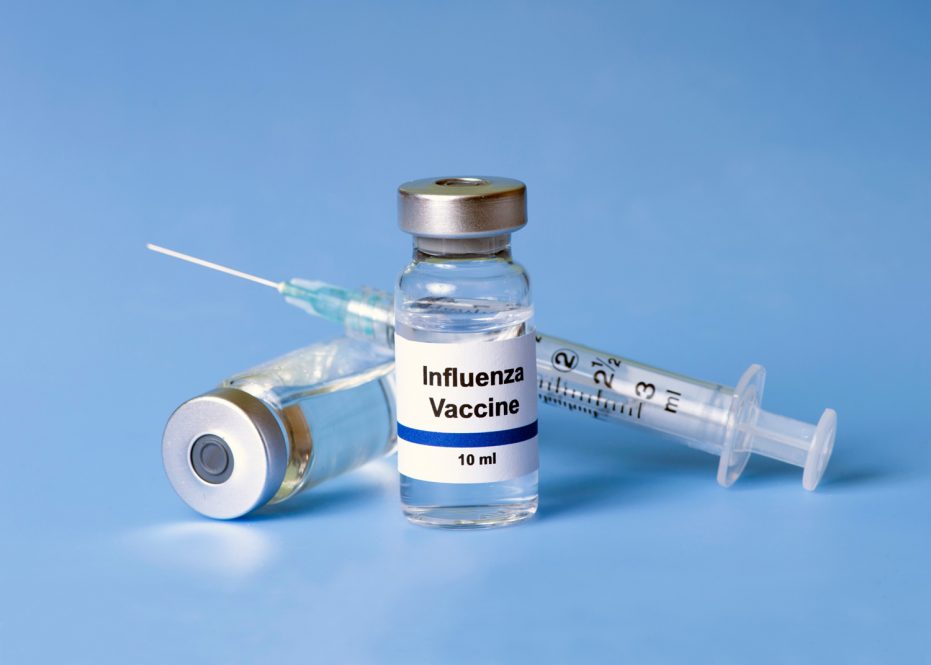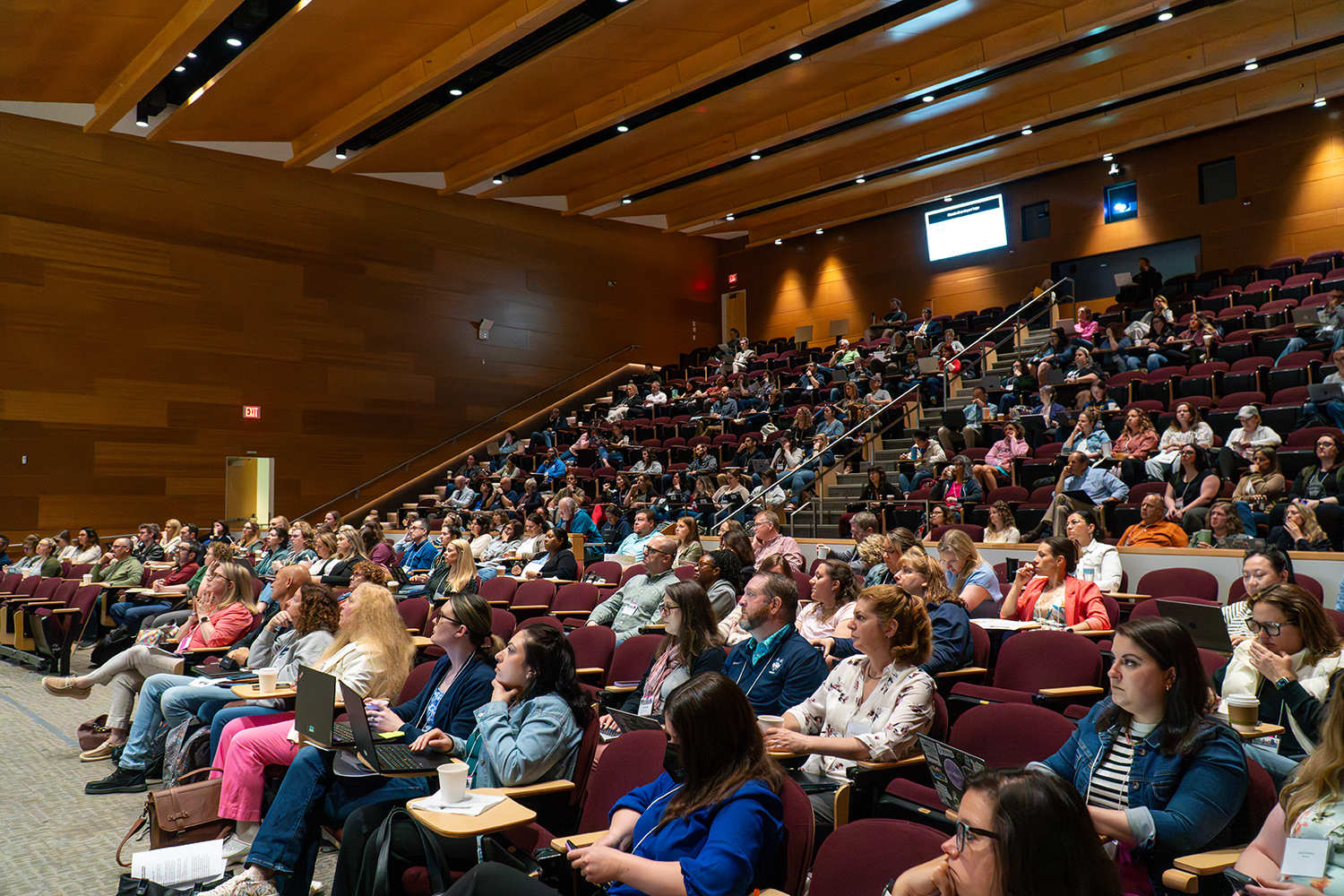Influenza causes about 36,000 deaths each year in the United States and disproportionally affects older adults. While COVID-19 has been the focus of our health care attention in the past several years, the flu is still a serious illness, especially for those over the age of 65 who account for the largest amount of deaths due to influenza.
Age-related changes weaken the immune system, placing older people at greater risk for severe illness from influenza. We also know that with aging, the body’s ability to have a good immune response after receiving the influenza vaccine decreases. With a shared mission of uncovering answers to the most pressing challenges of aging and health, the UConn Center on Aging in partnership with The Jackson Laboratory (JAX) is investigating which age-related changes in the immune system reduce individuals’ responses to the influenza vaccine, and whether we can boost these immune responses with next generation influenza vaccines including the first FDA approved adjuvanted influenza vaccine (FluAD) and future mRNA influenza vaccines.
“There is an urgent need to understand who does and does not respond to influenza vaccines and to assess the efficacy of new generation vaccines (adjuvanted or mRNA) in this high-risk population. These studies will help us understand what predicts good responses to each vaccine and eventually personalize vaccine recommendations, a field known as precision vaccinology” says Jackson Laboratory Associate Professor and UConn School of Medicine Genomics and Genome Medicine faculty member Duygu Ucar, PhD. The National Institute of Allergy and Infectious Diseases has awarded a five-year grant totaling $9,046,988 to Dr. Ucar (JAX), Dr. George Kuchel (UConn Center on Aging), and Dr. Adolfo Garcia-Sastre (Mount Sinai), and their collaborators to pinpoint age-related immune alterations that reduce influenza vaccine effectiveness.
The goal of the study is to learn the response to different types of influenza vaccines in older adults and to understand which factors contribute to vaccine responsiveness. The team is seeking participants to be part of this exciting influenza vaccine study.
“This project is perfectly aligned with the focus of our NIH-funded Older Americans Independence ‘Pepper’ Center on Precision Gerontology in that we are seeking to ultimately understand which influenza vaccine works best for which individuals,” says Dr. George Kuchel, Director, UConn Center on Aging, University of Connecticut and Chief, Geriatric Medicine, UConn Health. “By participating in a study such as this you are contributing to science for both the current population and for future generations.”
Rita Agarwal of Wethersfield who participated in a previous influenza vaccine says “I was happy to make that contribution, it’s my small way of contributing to society and making a difference.”
In order to participate in the study, participants must:
- Be of age 65 years or older by September 1, 2022.
- You must not have any immunosuppressive disorders or be on any immunosuppressive medications.
- Be willing to receive the FDA-approved seasonal influenza vaccines as part of the study for three consecutive years for free.
There will be six visits for the 2022 and 2023 influenza seasons and seven visits for the 2024 season. Visits will take place at the UConn Center on Aging. There are no costs to participate and monetary compensation for your participation is provided
If you would like more information, please call (860) 679-3043 or email Megan Wing, wing@uchc.edu.
IRB# 22-179J-1 George Kuchel, M.D. Principal Investigator, Center on Aging, Director



